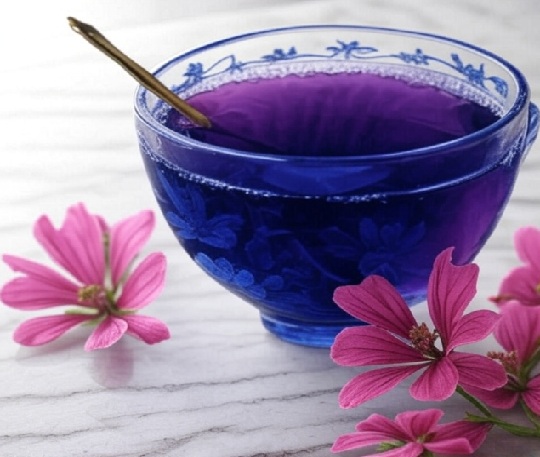Mallow Flower

Mallow Flower (Dong Kui Zi): A Moistening Herb for Urination, Breast Health, and Constipation
Introduction
Mallow flower, known as Dong Kui Zi (冬葵子) in Traditional Chinese Medicine (TCM), is a cooling, sweet herb used to promote urination, benefit the breasts, and moisten the intestines. It is most commonly prescribed for urinary difficulty, breast swelling or abscesses, and dry constipation. Its gentle action makes it suitable for both acute and chronic damp-heat conditions involving the lower burner.
What Is Mallow Flower?
Dong Kui Zi refers to the seeds (not the blossoms) of Malva verticillata, commonly called mallow or Chinese mallow. In TCM, it is categorized as sweet and cold, and it enters the Bladder, Large Intestine, and Small Intestine meridians. Traditionally, it is used to promote urination, clear heat, unblock lactation, and ease the passage of stool. It is especially valued in conditions that require clearing heat without harming the body’s yin fluids.
Health Benefits of Mallow Flower
Promotes Urination and Clears Damp-Heat
Used for painful or difficult urination due to damp-heat in the urinary tract.
Reduces Breast Swelling and Promotes Lactation
Helps with breast abscesses, early mastitis, and insufficient milk flow caused by obstruction and heat.
Moistens the Intestines and Relieves Constipation
Effective for dry constipation, especially in the elderly or postpartum individuals.
Clears Heat Without Damaging Fluids
A cooling herb that clears internal heat while gently preserving moisture and yin.
Supports Lower Burner Drainage
Beneficial for clearing excess and stagnation from the lower abdomen, bladder, and intestines.
How to Use Mallow Flower
In Decoctions for Urinary or Breast Disorders
Use 9–15 grams with herbs like tong cao, pu gong ying, or yi yi ren. Simmer for 20–30 minutes.
In Formulas for Constipation and Heat
Common in formulas for postpartum support or heat-related constipation.
In Herbal Teas for Gentle Detox
Mild enough to be brewed as a tea for gentle urination and bowel regularity support.
Where to Buy Mallow Flower
You can find Dong Kui Zi at the following places:
- Chinese herbal medicine shops
- Maternal health or postpartum herbal suppliers
- Online retailers like Amazon, iHerb, or TCM-focused vendors
Look for:
- Small, dry brownish seeds resembling dried flower buds
- Organic or pesticide-free products for internal use
- Properly stored, clean, and mold-free batches
Are There Any Side Effects?
Mallow flower is generally well-tolerated. Overuse may cause loose stools or excessive urination in sensitive individuals. Not suitable for individuals with Spleen deficiency and diarrhea. Use with caution during pregnancy and avoid during early postpartum recovery unless professionally advised.
Conclusion
Mallow flower, or Dong Kui Zi, is a gentle and effective herb for clearing urinary heat, easing breast swelling, and relieving dry constipation. Whether used in teas or decoctions, it supports healthy elimination and fluid flow while maintaining the body’s yin and internal moisture.
FAQs
Can I take mallow flower every day?
Yes, it can be taken daily for short periods in mild teas, especially for urinary or bowel support.
What does mallow flower taste like?
It has a mildly sweet and slightly nutty flavor.
Is mallow flower safe for children?
It can be used in small doses for mild constipation or urinary issues, under professional guidance.

